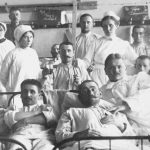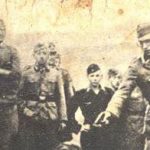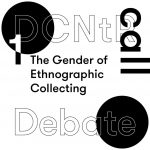 Research platform „GAIN – Gender: Ambivalent In_Visibilities“ (Web)
Research platform „GAIN – Gender: Ambivalent In_Visibilities“ (Web)
Time: 15.-16.04.2021, 10-18.30 Uhr
Venue: virtual space (Zoom), via Vienna
The research platform „GAIN – Gender: Ambivalent In_Visibilities“ was established in January 2020 and aims at attending to the complex and ambivalent processes that give rise to intersectionally gendered in_visibilities. Originally, the kick-off conference had been scheduled for April 2020, but had to be cancelled due to the pandemic. Now GAIN is pleased to host its inaugural conference online via Zoom in cooperation with colleagues from Hungary.
Program (PDF)
The organziers are proud to be able to announce the following as confirmed speakers: Erzsébet Barát, Marlen Bidwell-Steiner, Eva Flicker, Rosalind Gill, Sabine Grenz, Christa Hämmerle, Elisabeth Holzleithner, Brigitta Keintzel, Angéla Kóczé, Claudia Kraft, Andrea Kriszan, Sylvia Mieszkowski, Beáta Nagy, Birgit Sauer, Katharina Wiedlack, Violetta Zentai, and Patricia Zuckerhut.
In addition to interdisciplinary panels, which will cover a board range of topics, the organizers are delighted to announce that this year’s first GAIN Gender & Agency Lecture is going to be given by Rosalind Gill on the topic of “Posting a perfect life: Affect, social media and fear of getting it wrong” (April 15 at 6:30pm).
Panels
- Historical Perspectives
- Paradoxes of Visibility and Voice
- Creating epistemic and ontological in_visibilities
- Class, Gender and In_Visibilisation
- Ambivalent In_visibilities in (popular) culture
The zoom link will be published on the GAIN Facebook page and the GAIN homepage in a timely manner before the event.
Quelle: gain@lists.univie.ac.at





